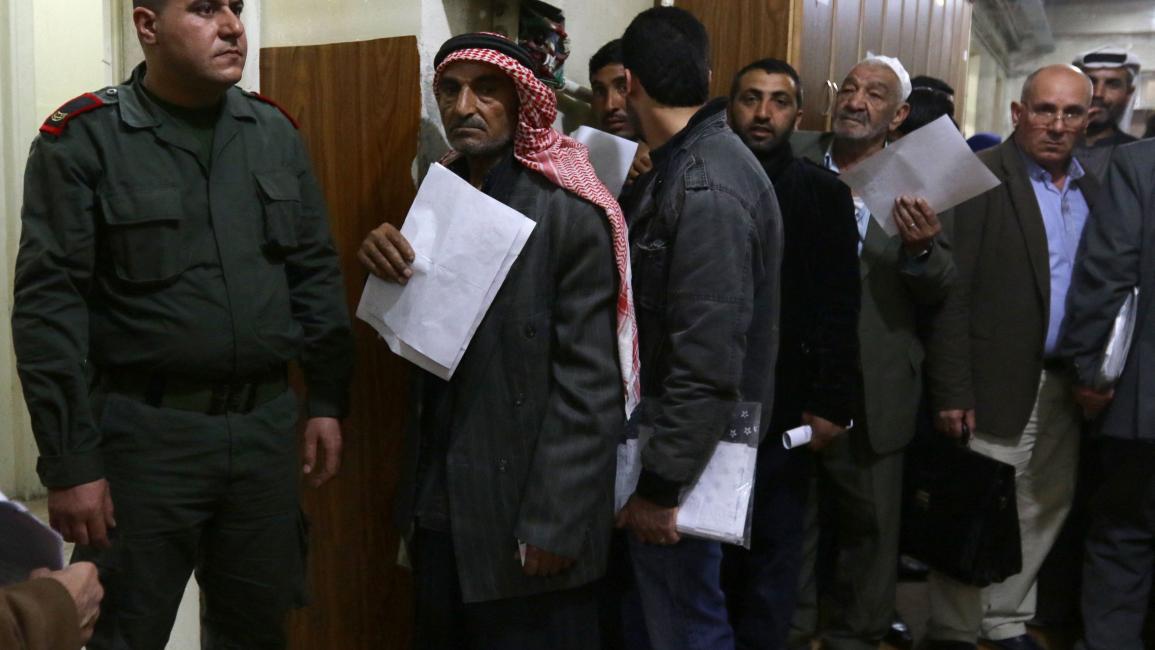Amid a broader effort to reactivate Syria’s stalled judicial system, the Ministry of Justice has set Monday as the final deadline for defected judges to apply for reinstatement. This initiative, which follows a missed March 4 deadline, aims to reintegrate experienced legal professionals and revive court functions that have remained largely suspended since the country’s political transition.
Applicants must undergo a rigorous vetting process, including an assessment interview, a security clearance, and a formal pledge of political neutrality. While the move is welcomed by many as a step toward judicial reform, legal experts stress the importance of establishing an independent oversight mechanism involving civil society and human rights groups to ensure transparency and accountability.
Judge Maamoun al-Afif, who defected in 2012, described the initiative as “a golden opportunity” to restore integrity to Syria’s judiciary. “Defection was not a career move,” he said. “It was an act of conscience against a corrupt system.” He emphasized the need for strict oversight to prevent the return of individuals previously complicit in Assad-era repression, warning that poor archival documentation could open the door to political manipulation.
Concerns over Political Exploitation
Human rights lawyer Lina Abu Harb echoed the need for caution, warning against the return of judges dismissed before 2011 for ethical violations who might now falsely claim defection. She stressed the necessity of proper documentation to distinguish legitimate returnees from opportunists.
In a landmark move, the Aleppo Bar Association announced a boycott of Judge Hussein Farho, accused of involvement in crimes against the Syrian people. Lawyer Aref al-Shaal praised the decision as a bold effort to restore the bar’s oversight role after decades of security control. “This is a courageous act,” he wrote, “that pressures the Supreme Judicial Council to hold violators accountable. It reestablishes the syndicate as a guardian of justice.”
Attorney Ammar Ezzeddine called the current moment “a real test” of Syria’s commitment to reform. Success, he argued, will require a delicate balance between transitional justice and genuine national reconciliation, with a renewed focus on judicial independence and public trust. “We carry a heavy past,” he said, “but we seek a future worthy of Syria’s people. These decisions are only the beginning.”
A Divided Bench
Not everyone is on board. A sitting judge who served under the former regime warned that reintegrating defectors could set a dangerous precedent. “Some carry the spirit of revenge,” he said. “We should be training a new generation of judges—free of past conflicts and rivalries.” He criticized the move as “hasty,” citing dozens of qualified, unemployed young judges who could form the backbone of a fresh judiciary.
Commenting on the Aleppo Bar’s boycott, the same judge acknowledged its bravery but warned it could become a “political weapon.” He also questioned the motivations of some defectors, noting that not all acted on principle—some were driven by personal disputes or power struggles. “Reform should begin with a new judicial law that guarantees true independence,” he said, “not by recycling old figures, regardless of their affiliations.”
Challenges to Reform
These developments come amid sweeping transformations in Syria’s justice system, long plagued by political interference and security domination. Reform initiatives, such as the Human Rights Violations Monitoring Committee in Daraa and the Transitional Justice Project in Homs, reflect growing momentum—but also face resistance from remnants of the old regime and efforts to politicize reform.
In February, the Ministry of Justice referred 87 judges—all of whom had served in the controversial Terrorism Court—for investigation. Despite courts reopening at the start of 2025, judicial activity remains largely frozen. Civil and criminal courts are barely functioning, with most operations limited to case delays, partial filings, and basic referrals to police stations.
For Syria’s judiciary, the road ahead is long and fraught with uncertainty. But for many, these early steps—however imperfect—offer a vital chance to build a legal system that reflects justice, not repression.
This article was translated and edited by The Syrian Observer. The Syrian Observer has not verified the content of this story. Responsibility for the information and views set out in this article lies entirely with the author.


